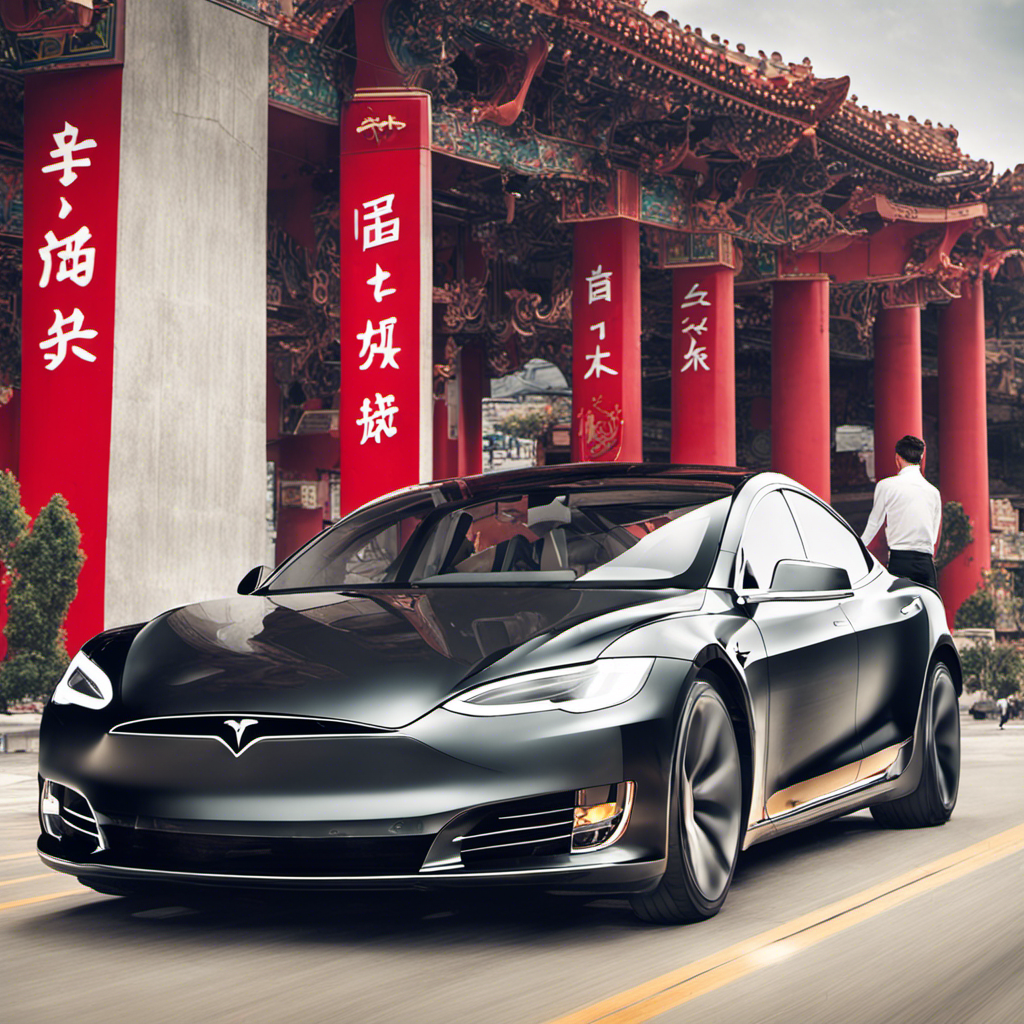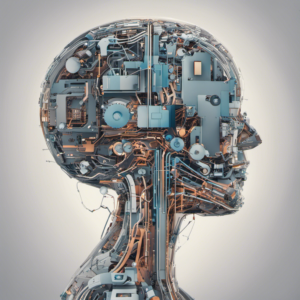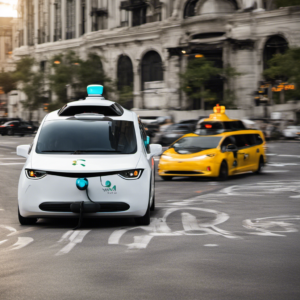
Tesla's Data Assurance: Balancing Trust and Technology in China
Tesla, the prominent player in the electric vehicle realm, has been making significant strides in China’s automotive market. However, this journey is not without its challenges, as the company navigates the intricate landscape of data security concerns. The relationship between American tech giants and the Chinese government has always been complex, and Tesla is finding itself entangled in a situation reminiscent of other industry leaders.
Apple’s struggles in reconciling the disparities between Beijing’s regulations and Western ideals serve as a precedent. As Tesla assumes a prominent role in China’s EV industry, it faces a similar predicament. Recent amendments to Beijing’s anti-espionage legislation have underscored the importance of national security, prompting foreign companies to evaluate the risks associated with operating in China.
While traditional automakers have long operated in China, the advent of internet-connected vehicles has introduced new data-compliance prerequisites, which were not applicable to conventional car manufacturers. Tesla, in particular, has grappled with data security issues in the country.
In a recent incident, local media reported that an airport in a Southern city had prohibited Tesla vehicles from parking due to “confidentiality concerns.” However, drop-offs and pick-ups were still permitted. The airport cited Tesla’s “sentry mode” as the reason for the policy. This feature utilizes the car’s external cameras to identify suspicious activity when the vehicle is unattended, designed to thwart break-ins and theft. Despite similar features in local electric vehicle manufacturers, Tesla’s foreign origin appears to amplify trust issues.
In response to media scrutiny, Tesla addressed the situation in a Weibo post, asserting that data generated by Sentry Mode is stored exclusively offline on a USB device within the car. Notably, neither the vehicle owner nor Tesla can remotely access the car’s surroundings online. Sentry Mode necessitates manual activation within the car’s system settings, and recording commences only when a threat is detected and a USB flash drive is in place. Users are required to adhere to local laws and regulations concerning camera usage, assuming full responsibility.
This is not the first time Tesla vehicles have encountered exclusion from public venues. In a Reuters report from May 2021, it was noted that certain government compounds in China had banned Tesla vehicles.
Tesla also emphasized its commitment to data localization in accordance with China’s automobile data protection measures introduced in 2021. The guidelines dictate that “vital data” must be stored within China, particularly if it pertains to sectors like military, government, traffic, logistics information, and electric vehicle charging networks. Given these parameters, visual data related to an airport’s surroundings easily falls within the ambit of these regulations.
While Tesla shares this conundrum with other tech giants, such as Apple, which grapple with data privacy concerns in China, it also faces unique challenges. As Tesla prepares to introduce Full Self-Driving (FSD) capabilities for Chinese users, it encounters the question of data isolation. Speculation about the launch of FSD in China in 2023 raises questions about AI training, export limitations, and ensuring data security.
Similar to TikTok’s predicament in the U.S., Tesla faces the challenge of effectively conducting AI training using foreign user data while complying with data export restrictions. Moreover, concerns about entrusting foreign staff with proprietary algorithms for on-the-ground training add another layer of complexity.
The technical feasibility of addressing these concerns will be unveiled when FSD is introduced in China. Beyond privacy challenges, adapting FSD to China’s intricate road conditions presents a formidable task. Experts estimate that localizing FSD for China could take “at least 12 months,” highlighting the extensive work required to cater to the unique driving landscape of the world’s largest EV market.
In conclusion, Tesla’s journey in China is not only about revolutionizing the electric vehicle sector but also about navigating intricate data security concerns. As the company strives to balance technological advancements with stringent regulations, its commitment to data security and privacy will play a pivotal role in its success in the ever-evolving Chinese market.

